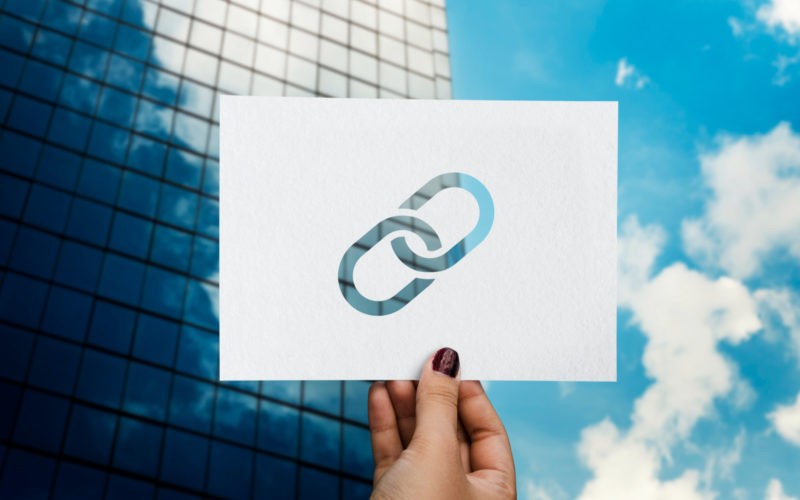ChatGPT can draft contracts. It can analyze evidence. It can even mimic a legal tone well enough that reading the output feels natural. It’s eerily good at sounding like a lawyer. But it can also hallucinate precedents that never existed.
It can invent case citations that are completely fabricated. It can sound confident about things it’s actually wrong about. The balance between brilliance and blunder defines this new era of AI in legal practice. Lawyers who learn ChatGPT’s limits and use it strategically will lead the field. Lawyers who trust it blindly will create malpractice liability.
ChatGPT represents generative AI. It’s trained on vast amounts of text and can generate new text that looks and sounds like what it was trained on. For legal writing, that means it can produce output that resembles legal writing. The similarity is often impressive. But similarity to legal writing and actual legal accuracy are different things.
Knowing what ChatGPT can and cannot do for lawyers is critical before using it in actual client work. The promise is real, but so is the peril. Understanding both helps lawyers use this tool responsibly instead of dangerously.
The Magic and the Mirage
ChatGPT excels at certain tasks. Drafting routine documents like demand letters or basic contracts becomes faster. Outlining arguments for cases. Summarizing information. Explaining legal concepts in clear language. These tasks play to ChatGPT’s strengths. It can generate competent work quickly. Lawyers who would spend an hour drafting a demand letter can use ChatGPT as a starting point and edit from there, saving significant time.
The mirage emerges when lawyers assume ChatGPT’s legal knowledge is as reliable as its writing quality. ChatGPT can write something that sounds authoritative and legal while being completely wrong. It might cite cases that don’t exist. It might misstate statutes. It might apply law incorrectly. The problem is that the output sounds so confident and competent that a lawyer might not catch the error. An attorney who relies on ChatGPT without verification creates liability.
Hallucination is the technical term for when ChatGPT generates false information while appearing confident. It happens regularly with legal information. The AI was trained on text from the internet, including incorrect information, outdated precedents, and misconceptions. It sometimes reproduces those errors. It also sometimes just makes things up. The tone is identical whether the information is accurate or fabricated.
The New Skill: Prompting With Precision
Future lawyers must master asking questions, not just knowing answers. The ability to write a good prompt for ChatGPT becomes a skill. A vague prompt produces vague output. A precise, detailed prompt that includes context and requirements produces better output. Lawyers who develop prompt-writing skills get better results from the tool than lawyers who treat it like a search engine.
Verification becomes the critical skill. A lawyer using ChatGPT for legal work must verify everything. Check the cited cases. Confirm the law cited is current. Verify the analysis is correct. That verification work takes time and reduces the efficiency gains from using ChatGPT. But it’s non-negotiable. Skipping verification is how malpractice happens.
Understanding what ChatGPT is good at and what it’s bad at shapes how to use it effectively. It’s good at creating first drafts. It’s bad at nuanced legal reasoning that requires deep understanding of specific contexts. It’s good at organizing information. It’s bad at distinguishing between strong and weak arguments. The best use involves using ChatGPT for the tasks it’s good at and human judgment for the tasks it’s bad at.
Ethics in the Age of Automation
Confidentiality is a major concern. You can’t put confidential client information into ChatGPT without knowing what happens to it. OpenAI uses conversations to train the model. That means confidential client information might end up in the training data. For sensitive matters, that’s unacceptable. Attorneys need to understand the confidentiality terms before using ChatGPT with client information.
Bias in ChatGPT’s training data creates real risks. AI systems trained on biased data reproduce those biases. ChatGPT might provide advice that inadvertently reflects bias against certain groups. A lawyer using ChatGPT needs to watch for these biases and correct them. Missing bias in AI output and using it in client work creates ethical problems.
Accountability matters too. If ChatGPT produces bad work and a lawyer uses it without verification, the lawyer is still responsible. The bar doesn’t excuse poor work because an AI made the initial draft. Lawyers remain responsible for everything that goes out under their name. That accountability means lawyers can’t pass off AI work as if it’s fully reliable without verification.
Partnership, Not Replacement
AI won’t replace good lawyers. But it will expose lazy ones. Those who adapt will find their best partner isn’t human but helpful. A lawyer who uses ChatGPT strategically, who verifies its output carefully, who combines its efficiency with human judgment will outperform lawyers who ignore the tool or who trust it blindly. The technology isn’t the future. The smart use of technology is.
The competitive advantage goes to lawyers who combine AI efficiency with human expertise. ChatGPT might draft a contract in minutes, but a lawyer with experience understands what issues to focus on. ChatGPT might summarize case law, but a lawyer understands how to apply it. The combination of machine speed and human judgment produces better outcomes than either alone.












